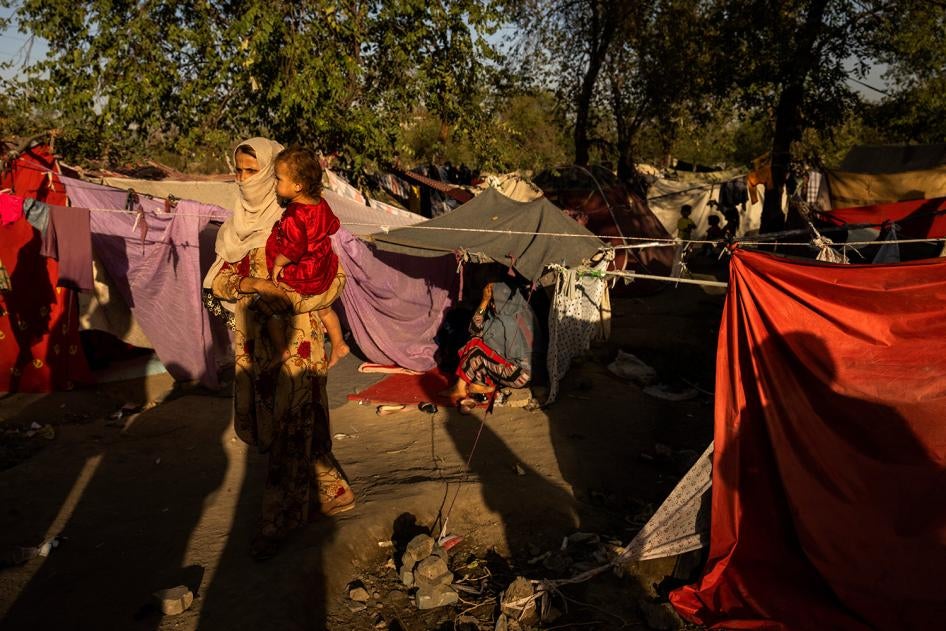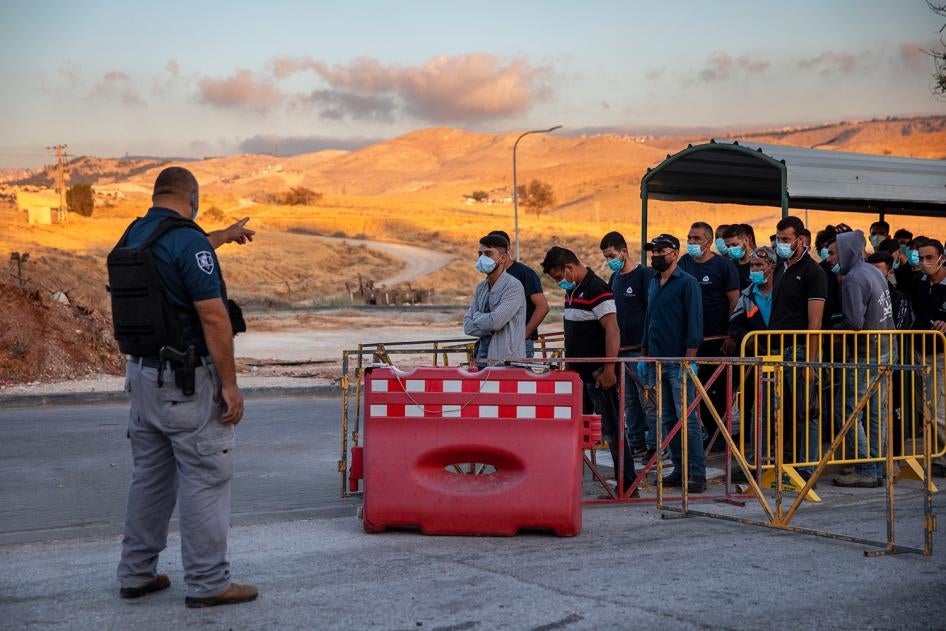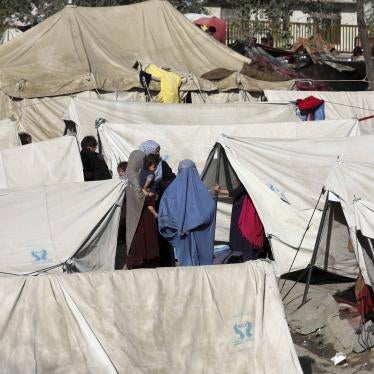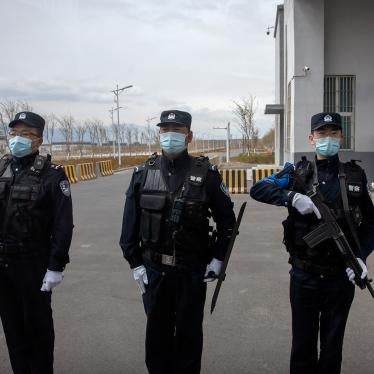(New York) – World leaders gathering at the United Nations General Assembly in New York should support actions to address the world’s major human rights crises, Human Rights Watch said today. They should warn abusive governments, including the most powerful, that they will be held accountable for grave violations.
The General Assembly’s annual General Debate begins on September 21, 2021. Dozens of national leaders and foreign ministers will be attending in person, in contrast to 2020, when most leaders participated by video because of Covid-19.
“World leaders taking the stage at the UN General Assembly should be speaking openly and directly about the human rights crises in the world, in Afghanistan, Myanmar, Ethiopia, China, and elsewhere, and global threats like Covid-19 and climate change,” said Louis Charbonneau, UN director at Human Rights Watch. “They should be clear that there can be no business as usual with serious rights abusers and support UN action that will impose real costs.”
Leaders should address the world’s inadequate response to the Covid-19 pandemic. High-income and upper-middle-income countries have now administered almost 100 Covid-19 vaccines for every 100 people. But due to supply shortages low-income countries have only been able to administer 1.5 doses for every 100 people, according to the World Health Organization. The European Union, backed by Germany, Japan, Switzerland, and a few other high-income countries, have stalled a proposal by India and South Africa at the World Trade Organization to expand access to vaccines, exacerbating the global inequality fueling the pandemic.
Regarding Afghanistan, leaders should urge the UN Security Council to send a clear message that continued human rights monitoring is essential for the well-being of the Afghan people, particularly women and girls. The Security Council should keep in place the UN Assistance Mission in Afghanistan (UNAMA), whose mandate is up for renewal. They should also voice support for humanitarian aid to Afghanistan and declare a willingness to accept asylum seekers fleeing the Taliban. Leaders should express support for urgent action at the UN Human Rights Council in Geneva to establish a fact-finding mission to monitor human rights in Afghanistan.
World leaders should also urge the Security Council to end its neglect of human rights abuses in Ethiopia, where the federal government continues its de facto blockade of the Tigray region. Widespread abuses against civilians in Tigray continue while reports of harm to civilians in nearby regions are increasing as the conflict spreads. Delegations should press all parties to the conflict to abide by international law and support an international investigation to gather and preserve evidence of serious crimes since the conflict began in November. The Security Council should impose an arms embargo on Ethiopia and individual sanctions on those implicated in abuses.
With respect to China, leaders should call for a UN investigation into allegations of serious abuses against Uyghurs and other Turkic Muslims in Xinjiang, violations that Human Rights Watch has determined amount to crimes against humanity. On September 13, the UN high commissioner for human rights, Michelle Bachelet, told the UN Human Rights Council that years of talks with the Chinese government on access to Xinjiang have failed to make progress, and that she expects to report publicly the information she has gathered about the abuses.
Delegations should reiterate the UN General Assembly’s call for a global arms embargo on Myanmar in response to the junta’s crimes against humanity since the February coup and the military atrocities against the Rohingya and other ethnic groups. The delegations should urge the UN Security Council to stop neglecting the situation in Myanmar and impose a global arms embargo as well as sanctions on top military leaders and military-owned and related entities.
The delegations should also make a commitment to end systemic discrimination in places like Israel and Palestine, where Human Rights Watch has found that Israeli authorities are committing the crimes against humanity of apartheid and persecution against millions of Palestinians. The crime of apartheid is also being committed in Myanmar’s Rakhine State, Human Rights Watch said. The General Assembly should appoint a global envoy for the crimes of persecution and apartheid with a mandate to mobilize international action to end these crimes around the world.
Other country situations that need UN members’ urgent attention include Belarus, Cameroon, Egypt, Nicaragua, North Korea, Saudi Arabia, Sudan, South Sudan, Syria, Venezuela, and Yemen.
Another global problem UN delegations should address is racism. Leaders should pledge to support the work and carry out the recommendations of a newly established UN commission mandated to investigate the root causes of systemic racism and police violence in the United States and globally.
Delegations should also recommit to tackle the global environmental crises, including by supporting the initiatives at the Human Rights Council to establish a special rapporteur on human rights and climate change and to recognize the right to a healthy environment. As the world urbanizes and industrializes, and as effects of climate change intensify, environmental degradation continues to devastate the lives, health, and livelihoods of people around the globe. This has been particularly evident this year with a marked increase in destructive wildfires, extreme heat, hurricanes, and flooding in many parts of the world.
UN Secretary-General Antonio Guterres’ Call to Action on Human Rights, initiated in February 2020, is aimed at recommitting the UN and its 193 member states to combating rights abuses worldwide. Now that his second five-year term, beginning in January 2022, has been confirmed, Guterres should prioritize transforming the call to action from rhetoric to reality. For that to happen, he will need to stand up to countries that do not consider human rights a priority and gain the support of those that do.
“The UN and world leaders committed to human rights should use the General Assembly podium to shine a spotlight on the worst violations,” Charbonneau said. “Abusive leaders around the globe need to know that that the world is watching, and that they may one day be held to account for grave violations. Impunity only encourages more killing, torture, and other abuses.”








